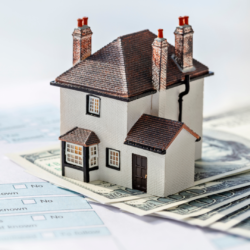Why Texas’ Business-Friendly Climate is Great for Real Estate Investors
Why Texas’ Business-Friendly Climate is Great for Real Estate Investors Texas has long been known for its vast landscapes, diverse culture, and significant economic contributions. Recently, it has become a prime destination for real estate investors, thanks in large part to its business-friendly climate. The combination of economic policies, demographic trends, and market dynamics makes Read more about Why Texas’ Business-Friendly Climate is Great for Real Estate Investors[…]









